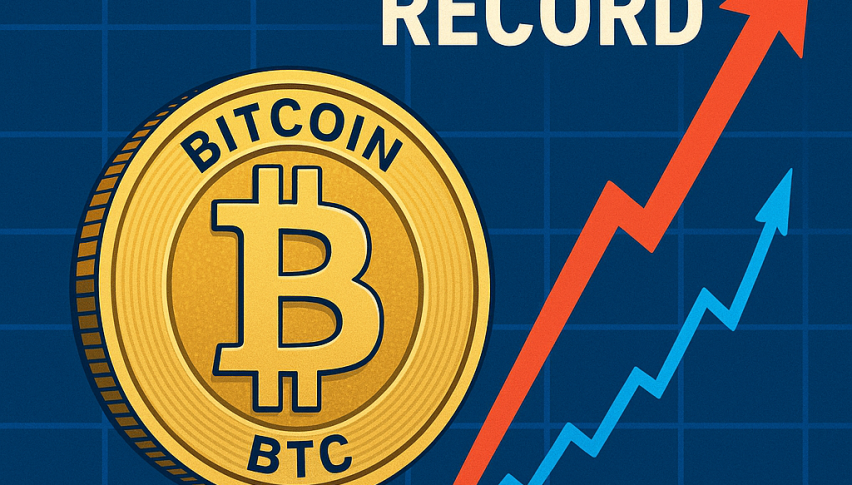Cryptocurrencies Lose Steam After U.S. Inflation Data; Bitcoin Retreats from Highs
The European Central Bank (ECB) has raised concerns that the growth of cryptoassets could reduce the euro’s use in international trade.

Quick overview
- Cryptocurrencies experienced a pullback on June 11 after an initial gain, influenced by U.S. inflation data and trade agreement discussions between the U.S. and China.
- Bitcoin retreated from recent highs, trading around $108,300, while altcoins saw losses of up to 5%.
- The European Central Bank expressed concerns that the rise of cryptoassets could undermine the euro's international role, prompting discussions about a digital euro.
- U.S. and Chinese officials reached a preliminary trade agreement, but the crypto market remains cautious as investors await further details.
Cryptocurrencies pulled back on Wednesday, June 11, after starting the session with gains, as investors closely monitored U.S. inflation data and a potential trade agreement between the U.S. and China.

Meanwhile, the European Central Bank (ECB) warned that the rise of cryptoassets could undermine the euro’s international role, strengthening its case for launching a digital version of the common currency.
The crypto market lost steam after early optimism. Bitcoin (BTC) retreated from recent highs and traded around $108,300 on Binance, despite an encouraging U.S. inflation report. Altcoins also posted losses of up to 5%, led by TRON (-4.7%), Avalanche (-4.6%), and Toncoin (-3.9%).
U.S.–China Trade Framework in Focus
U.S. and Chinese officials reached a preliminary agreement aimed at reviving the Geneva tariff truce. The plan includes lifting China’s export restrictions on rare earths and easing U.S. export controls on semiconductors and related technologies.
U.S. Commerce Secretary Howard Lutnick described the rare earth and magnet issues as “resolved” under the framework, adding that the deal “puts meat on the bones” of previous Geneva accords.
Crypto markets remained below recent highs as investors awaited concrete details from the agreement, which still needs approval from U.S. President Donald Trump and Chinese President Xi Jinping.
A cooler-than-expected inflation reading could strengthen expectations for a Federal Reserve rate cut later this year—potentially boosting risk assets like Bitcoin. However, whether the recent crypto rally holds or slips into consolidation may depend on follow-up developments from the U.S.–China trade framework.
ECB Eyes Impact of Crypto on Euro’s Global Role
The European Central Bank (ECB) has raised concerns that the growth of cryptoassets could reduce the euro’s use in international transactions, reinforcing the institution’s push to launch a digital euro.
So far, the euro’s global importance has remained stable in 2024, a year that saw the ECB begin cutting interest rates and continued geopolitical tensions from Russia’s invasion of Ukraine. According to its annual report released Wednesday, the euro remains the world’s second-most important currency after the U.S. dollar.
The euro’s share of global foreign exchange reserves held steady at 20% in 2024 (at constant exchange rates), showing little change since the onset of the Russia–Ukraine war. In contrast, the dollar’s share dropped by two percentage points, falling to 57.8%.
- Check out our free forex signals
- Follow the top economic events on FX Leaders economic calendar
- Trade better, discover more Forex Trading Strategies
- Open a FREE Trading Account
- Read our latest reviews on: Avatrade, Exness, HFM and XM